Digital Art History Summer School (DAHSS22)
We are happy to announce that the Digital Art History Summer School will take place again this year.
Application Deadline: June 6th
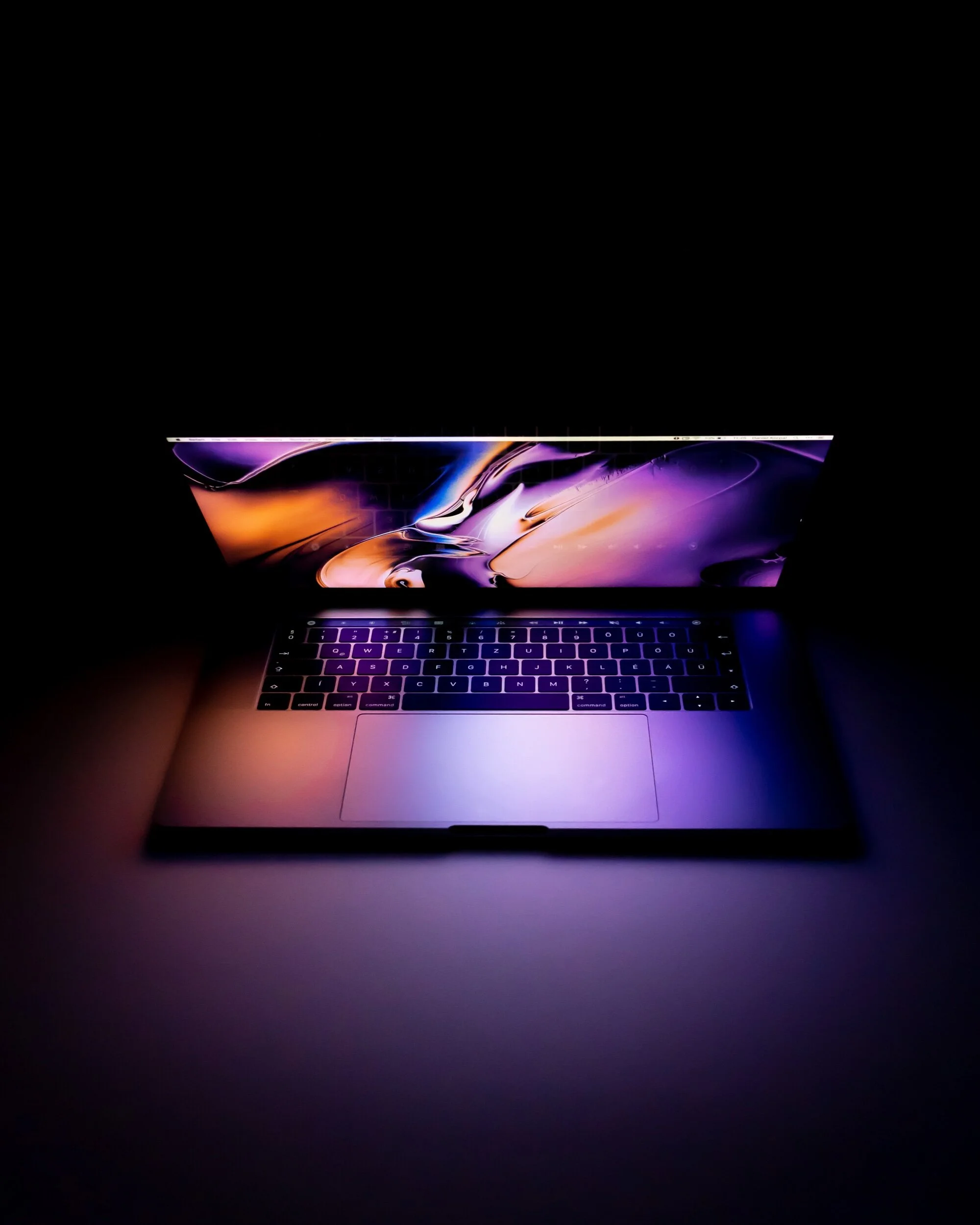
We are happy to announce that the Digital Art History Summer School will take place again this year.
Application Deadline: June 6th
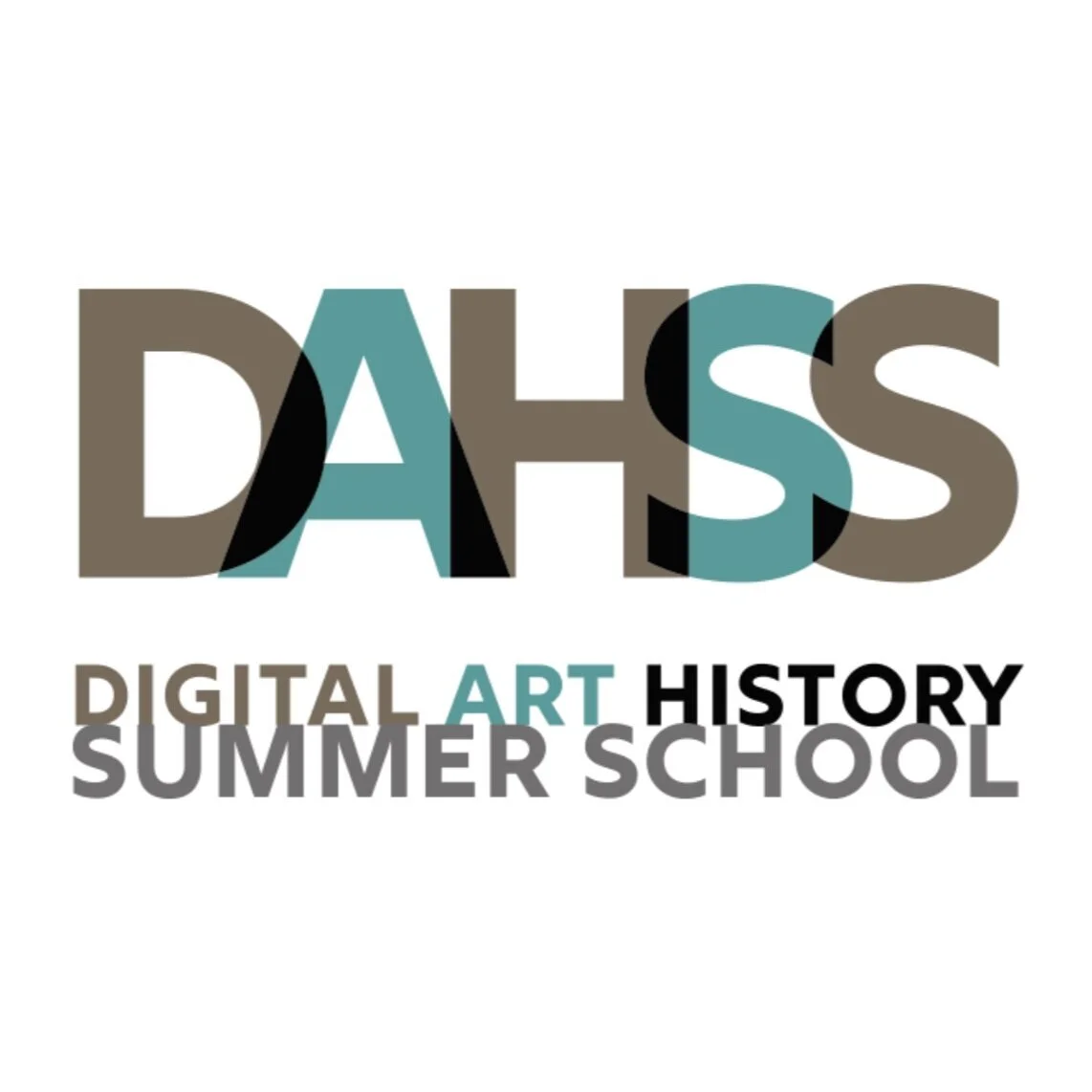

At the Princeton Art and Archaeology Graduate Conference I will be giving a talk entitled “From data to knowledge. Infrastructures for understanding culture”.
“Everything about science is changing because of the impact of information technology", asserted Jim Gray. Data also forms the basis of the digital transformation in the arts and humanities. Digital Art History is an interdisciplinary field that uses statistics, data analysis, machine learning and domain knowledge to understand and analyze actual phenomena in the history of art. This talk examines the term “data” and how “digital” will change the way we think about the subject of art history. It will show examples of data infrastructures, how they can be used for research projects and how to jump start your own data-driven investigation.
I thank Mengge Cao for the kind invitation to the 2022 Princeton Art and Archaeology Graduate Conference.

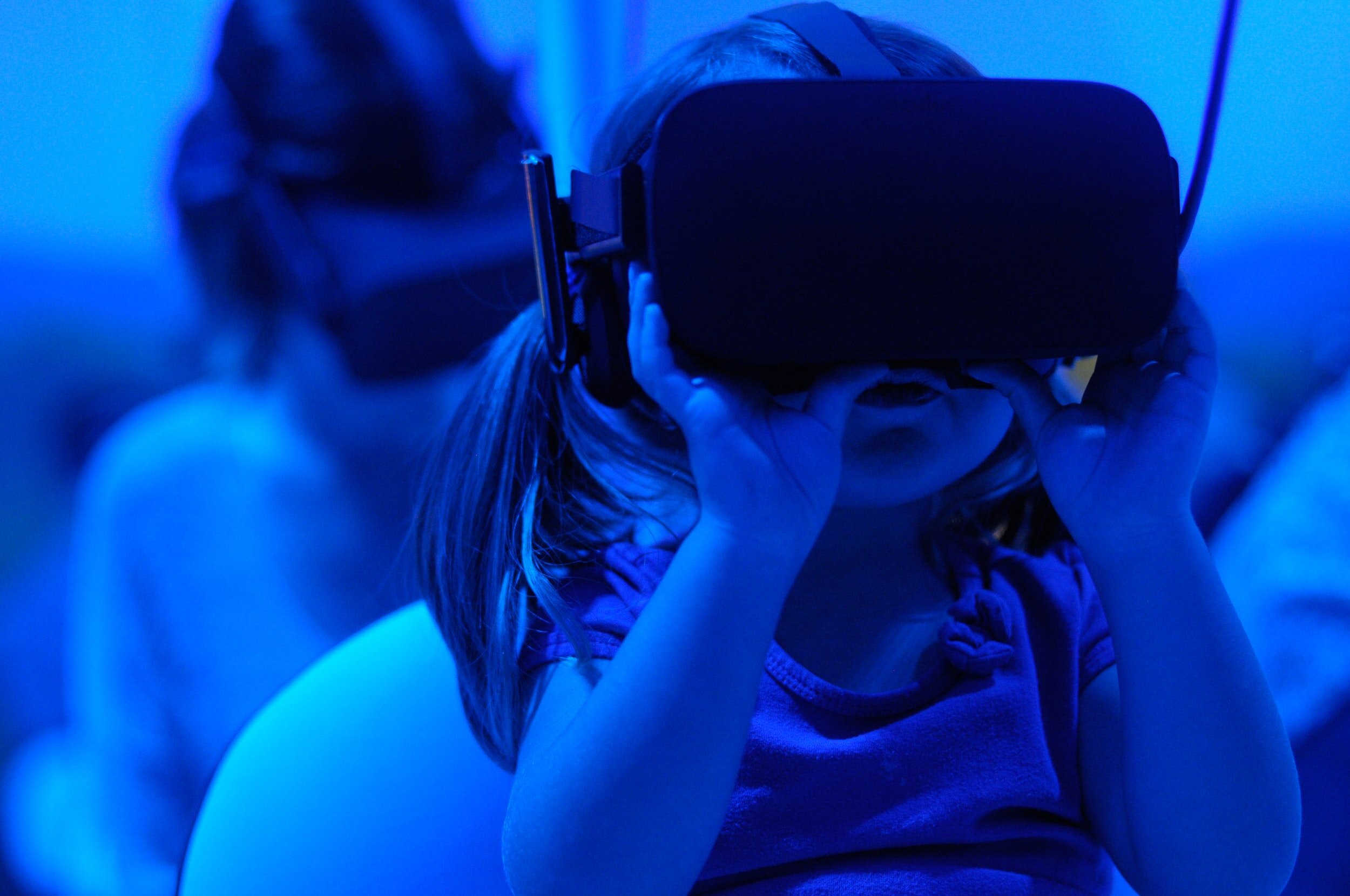
IMACTIS Research Seminar, University of Liège
“Images Today: Archives, Identities, and Algorithms”
Organized by Enzo D’Armenio (MSCA-IF/University of Liege) and Maria Giulia Dondero (FNRS/University of Liege)
The IMACTIS seminar intends to propose a multidisciplinary investigation of what images are and do today, putting the semiotic approach into dialogue with art history, with media and visual studies, and, more generally, with the disciplines concerned with the epistemology of visual documents.
Together with Prof. Massimo Leone, I am invited to contribute to the discussion of this research session. The title of my talk will be “Accessing digital culture. Dimensionality reduction and the complexity of art.”
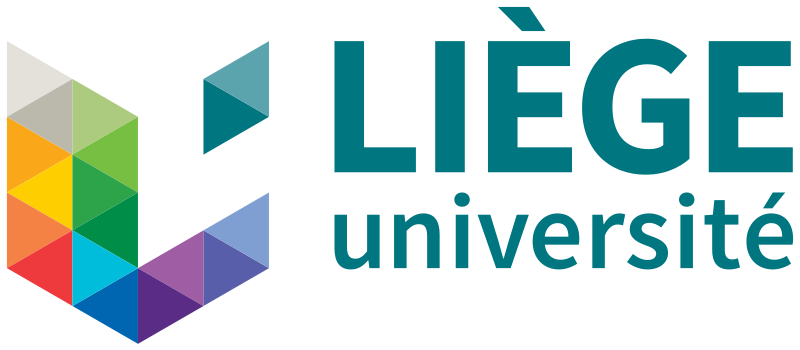
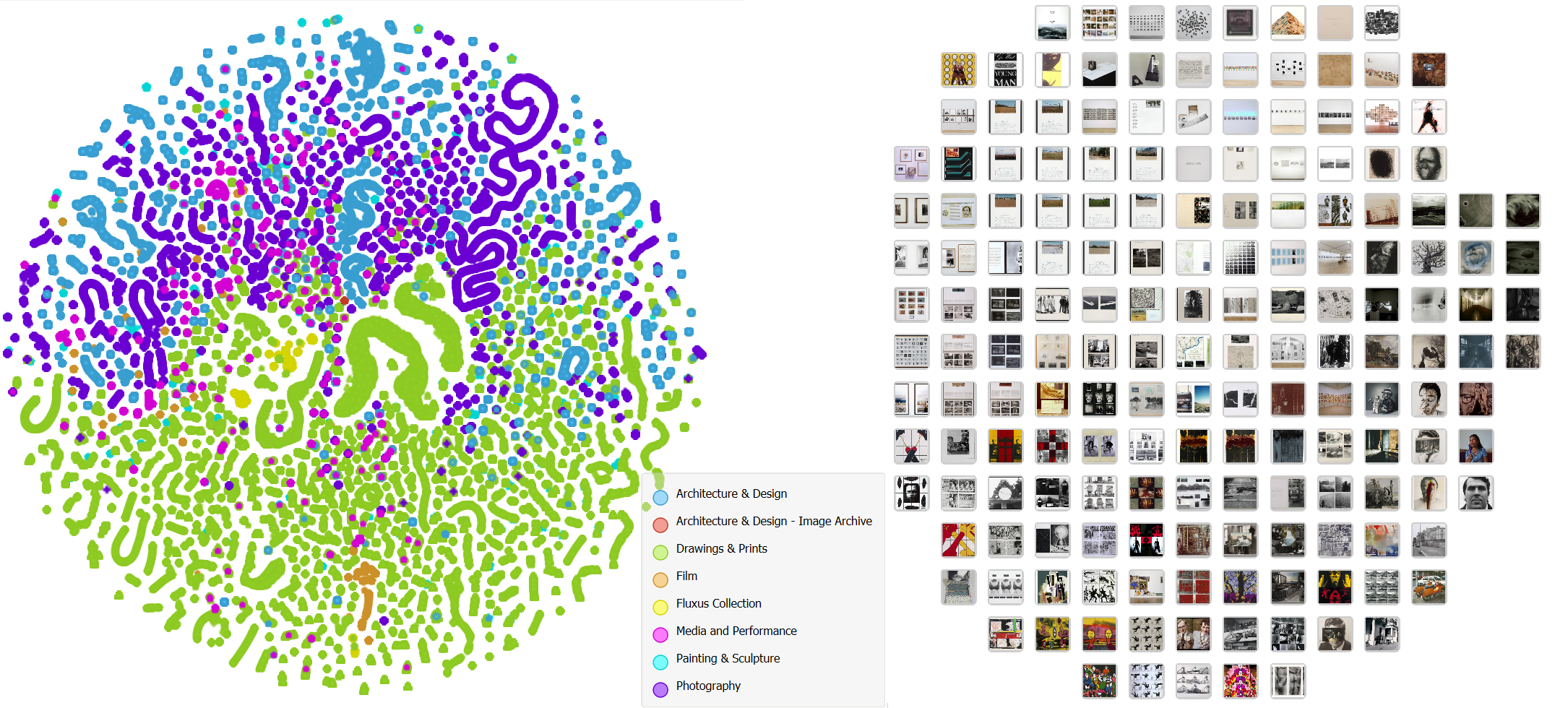
I am very excited to hold this workshop on Visual Analysis at the Visualization Lab for Digital Art History at UC Berkeley. Thank you, Justin Underhill, for the invitation.
The central method in digital art history and the analysis of digital visual culture today is “distant viewing”—the overview of a corpus. It allows the identification of structures and clusters and the drill-down on the individual object that might be of particular interest. This type of visual analysis is based on image plots and t-SNE maps.
The creation of these meta-images usually requires programming skills and experience in dimensionality reduction and in neural networks. This workshop makes it easy to analyse collection data on a mere visual level. Bring your own data, no programming skills required.


This one-day workshop will bring together people currently involved in such projects, to discuss the objectives and the technical features of the different platforms, data gathering strategies, methodologies adopted for the iconographic and figurative description and future developments, with a specific focus on the main challenges encountered by each project, possible links, and interoperability.
The title of my presentation will be “On the use of distant viewing in art history. Feature extraction, dimension reduction and the grammar of images.”


Due to the covid-19 situation, the Summer School will be once again all online. The DAHSS team is convinced that we have an unprecedented opportunity to explore new ways of working together in a real global scenario and at the same time preserve interpersonal exchange.
The track that I offer is on Cultural Data Science. In this track you will learn how to create, analyse and visualise linked open data. We will identify preconditions, gaps and biases in collection data and discuss the transformative effects of historical knowledge generated by digital methods on society. No prior knowledge required.
Thank you, Nuria Rodríguez-Ortega, for the great annual organization. It is wonderful to work with Greg Niemeyer, Justin Underhill and Leonardo Impett again and this time with Yadira Lizama Mué too.

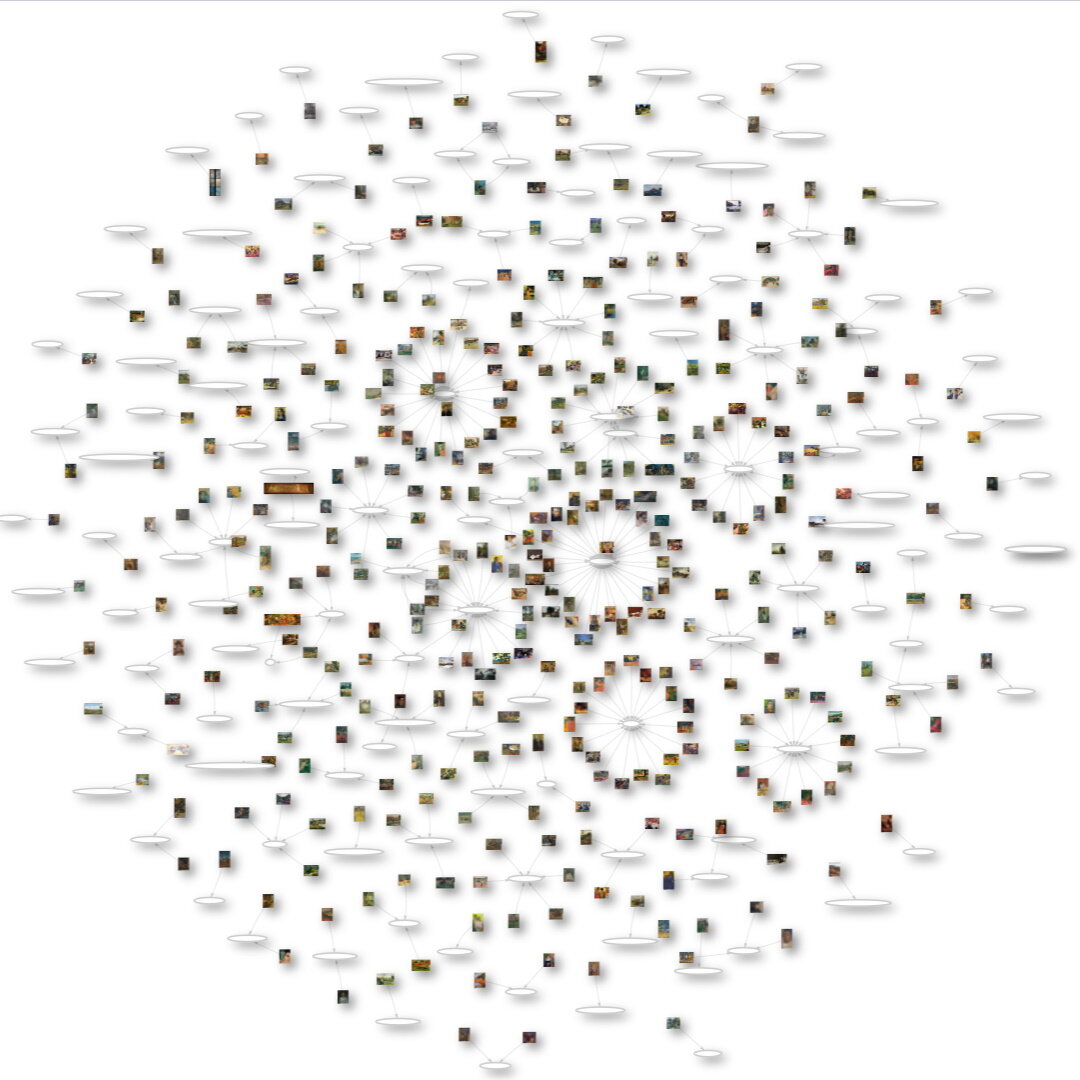
The digital transformation is changing the way we conduct research in art history and visual studies. At the same time, digital technology has become ubiquitous in contemporary culture. Now we need to review past developments and the challenges ahead. In this Research Seminar, we will discuss: What steps do we need to take in research, teaching and dissemination? How can we better understand a cultural history with the help of algorithms? Why is the current pandemic situation the best opportunity to dare bold steps onto new grounds?
I thank Tristan Weddigen and Dario Negueruela del Castillo for the invitation.

Visualization Lab for Digital Art History